Never underestimate the power and dedication of a group of fearless and motivated harm reductionists. Early in the process of expanding overdose prevention sites (OPS) and supervised consumption sites (SCS) in Canada, people who use drugs and harm reduction workers began highlighting how arbitrary rules and regulations at OPS/SCS were barriers to access.
Many of these policies were not developed with the input of people using the sites, creating a situation where practices common within communities of people who use drugs—like splitting and sharing drugs—were not allowed in the places set up to support them.
About a year ago, Health Canada—the national health agency responsible for approving all SCS—held a Knowledge Exchange Series, looking for recommendations on ways to improve access to these lifesaving services. Tons of brilliant ideas were proposed. But the most urgent and important was to change OPS/SCS rules to allow clients to split and share quantities of drugs, just like they regularly do in the community.
Soon after, a partnership between the Urgent Public Health Need Site Community of Practice and the Canadian Association of People Who Use Drugs formed a working group. Its purpose was to look into the logistics, feasibility and potential implementation of splitting and sharing in OPS/SCS.
Asked if splitting and sharing should be allowed in these settings, a whopping 92 percent of respondents said yes.
The group, of which we were part, developed a survey to gather information from two stakeholder groups; people who use OPS/SCS, and people who operate and work within them. Overall, 140 people completed the survey (those who identified as people who use(d) drugs received CA$20 for their time). Out of the 140 respondents, 62 percent identified as people who use(d) drugs; 51 percent worked at one of the sites, 16 percent used a site, and 16 percent both worked at and used a site.
Asked if splitting and sharing should be allowed in these settings, a whopping 92 percent of respondents said yes.
When we asked people for their comments and experiences about splitting and sharing, many participants highlighted that these are common practices of care within their communities.
“I think splitting/sharing is an important part of drug culture,” said one. “If someone’s sick, they share. We are our community, and this piece is such a beautiful thread to cling to—in the horror of the overdose epidemic and COVID-19, please help foster this practice.”
Participants also spoke of the harms from not being allowed to split and share at SCS/OPS—particularly when people would, as a result, split their drugs outside, exposing them to criminalization and the risk of overdose.
“People who share drugs in the site are placed on a 24-hour exclusion from service at our SCS,” reported another respondent. “If they prep drugs for the intention of sharing, they have to go outside or across the street to share. Then come back and wait in line. A lot of time this results in people just using outside of the site and overdosing outside. Requiring either EMS or our outreach team to respond.”
This survey demonstrated that both clients and staff believed the rules against splitting and sharing posed a harmful barrier to a lifesaving service among people who might need it the most. This type of policy change is backed up by academic research (for example around peer assistance injection, which Health Canada now permits), which has consistently found bans on splitting and sharing to be a barrier to access. Other countries with SCS, such as Australia and Switzerland, allow splitting and sharing at these sites and report no negative outcomes. Some sites even have a “house dealer” and allow small-scale selling, also known as “micro-dealing.”
Our team turned the quantitative and qualitative data from our survey into a report: Splitting & Sharing in Overdose Prevention and Supervised Consumption Sites: Survey Results. Since its release in May 2021, this document has been viewed 612 times and downloaded 359 times.
As a result of all this work, Health Canada announced that it would amend the rules for OPS/SCS across the country.
We then put the report into action. We requested a meeting with Health Canada to present them with the data we collected, and also developed a protocol that focuses on how to implement splitting and sharing at OPS/SCS. The focus of this protocol—which was led by people who use drugs and our allies—was to bring the culture of drug-using practices into OPS/SCS, ensuring that the perspectives of people who use drugs were foregrounded in policy development. The protocol template is available online for all to use.
In August, as a result of all this work, Health Canada announced that it would amend the rules for OPS/SCS across the country, finally allowing splitting and sharing of certain amounts of drugs on-site.
Some people may wonder what the big deal is around splitting and sharing. Frankly, integrating this practice saves lives, reduces the criminalization of people who use drugs, and brings an authentic culture created by drug users into the sites they created. That’s not one big deal, but three.
As our protocol document states, “When arbitrary rules hinder accessibility to life saving services, the outcomes are fatal.” Removing one such barrier was a major win for drug-user activism in Canada—an example of how people who use drugs can come together to drive positive change. It is also an acknowledgement by the government of the benefits of micro-dealing or social supply.
However, one of the major lessons is that people who use drugs should have been front-and-center in developing the rules, regulations and policies for these sites in the first place. Until people who use drugs are equitably and meaningfully involved in all policy development that impacts our lives, Nothing About Us Without Us will remain more an aspiration than a reality.
Photograph of an OPS by Matthew Bonn.
This article was co-authored by the following people:
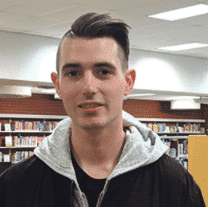
Matthew Bonn is the program coordinator with CAPUD, and a National Board member with Canadian Students for Sensible Drug Policy (CSSDP). He’s a research coordinator, freelance writer and current drug user.
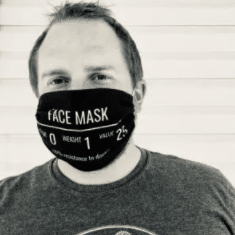
Corey Ranger is based in lək̓ʷəŋən and W̱SÁNEĆ territory (Victoria, BC). He is a registered nurse and clinical nurse lead for the Victoria SAFER Initiative—he is also a board of directors for the HIV Legal Network and cofounder of Westside Harm Reduction.
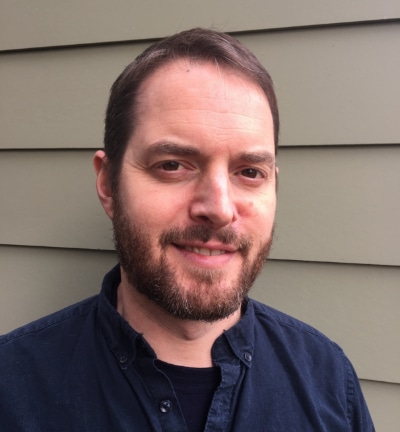
Patrick McDougall has been working in the field of HIV and harm reduction since 2008. Originally from Halifax, Patrick moved to Vancouver in 2010 and works at the Dr. Peter Centre, which provides care and support services to people living with HIV. Patrick facilitates a Canadian supervised consumption/overdose prevention site service providers video call. He also serves as the co-chair for the Pacific AIDS Network’s board of directors.
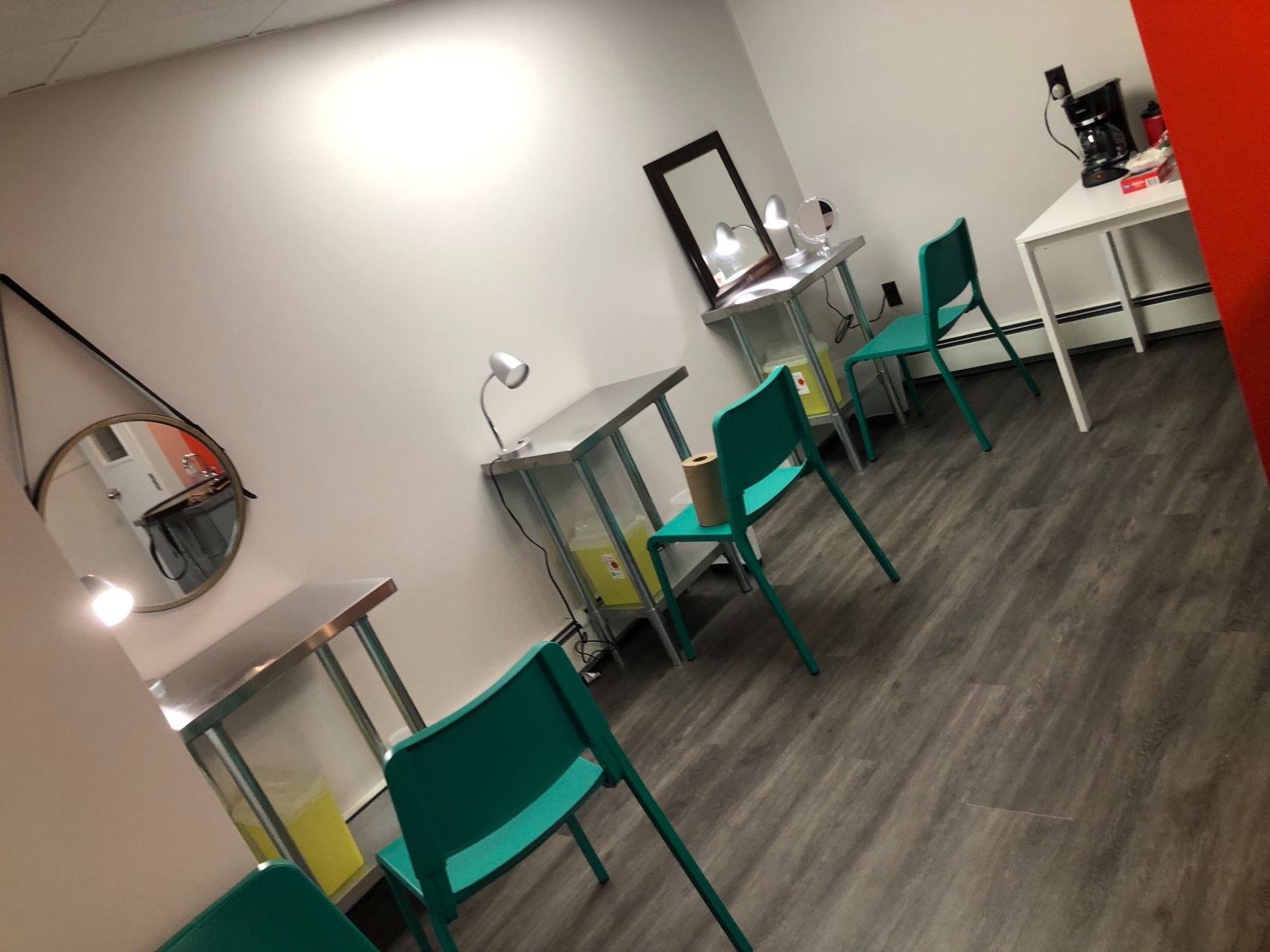
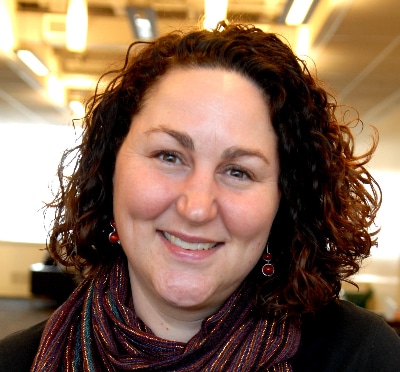




Show Comments